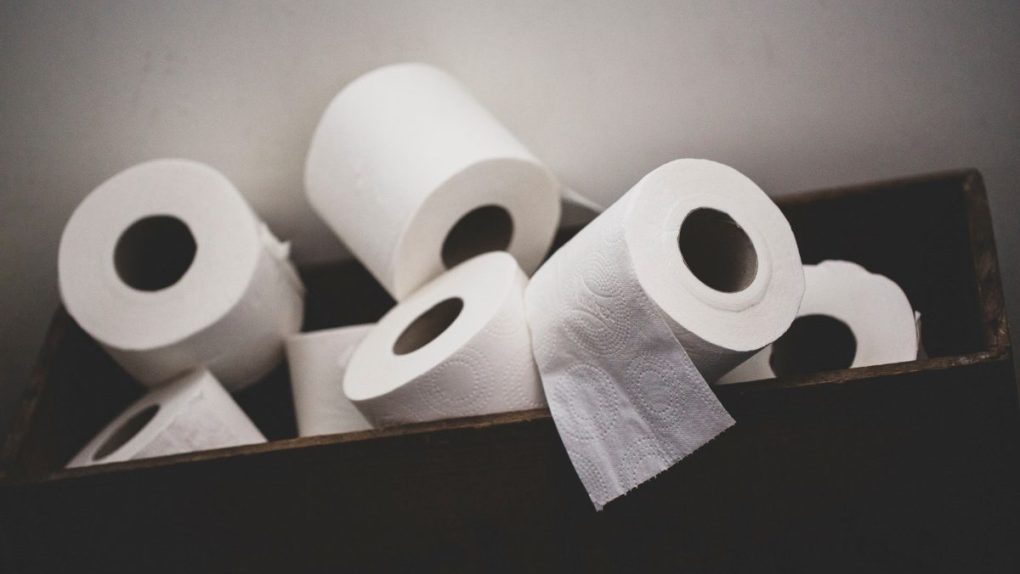- The Environmental Protection Agency is begging Americans to avoid flushing disinfectant wipes and other types of cleaning materials with pre-applied chemicals and cleaners.
- Wipes like these do not break down as easily as toilet paper and can cause serious problems in the sewer system and waste treatment process.
- The EPA says that disinfectant wipes and other similar products are to be disposed of in the trash rather than the toilet.
- Visit BGR’s homepage for more stories.
As the threat of the novel coronavirus spread across the globe, lots and lots of shoppers in the United States began to stockpile cleaning supplies. Sanitizing and disinfecting wipes were high on the shopping lists of many Americans, and now the Environmental Protection Agency is dealing with those products in the most unfortunate way. Apparently, people have been dumping them in the toilet.
The EPA recently issued a bulletin begging Americans to only flush toilet paper, along with whatever else your body might need to deposit into the toilet bowl and avoid flushing things like disinfecting wipes. These wipes, the EPA emphasizes, are not made to be flushed and should instead be discarded in the trash after being used.
It’s understandable that people might be confused as to where to dispose of disinfectant wipes since they’re so similar to things we normally flush. However, the material is a lot different from your standard roll of toilet paper, and it doesn’t break down in the same way. Instead, it hangs around for much longer and has the potential to cause serious clogs and backups in the sewer system.
“Flushing only toilet paper helps ensure that the toilets, plumbing, sewer systems and septic systems will continue working properly to safely manage our nation’s wastewater,” the EPA bulletin reads. “While EPA encourages disinfecting your environment to prevent the spread of COVID-19, never flush disinfecting wipes or other non-flushable items. These easy steps will keep surfaces disinfected and wastewater management systems working for all Americans.”
There are obviously a lot more disinfectant wipes being used around the country than is typical. People have been throwing these things into toilets for a long time, but while sewer systems and waste treatment facilities can handle the occasional errant flush, a huge influx of the troublesome wipes is obviously creating some problems. At a time when so many people are working from home, and presumably sanitizing everything in sight, the problem has reached a point where the EPA had to say something about it.
“Fixing these backups is costly and takes time and resources away from ensuring that wastewater management systems are otherwise working properly,” the bulletin explains. “EPA thanks wastewater utilities and their workforce for their courageous efforts at a time when resources may be stretched thin. Having fully operational wastewater services is critical to containing COVID-19 and protecting Americans from other public health risks.”








